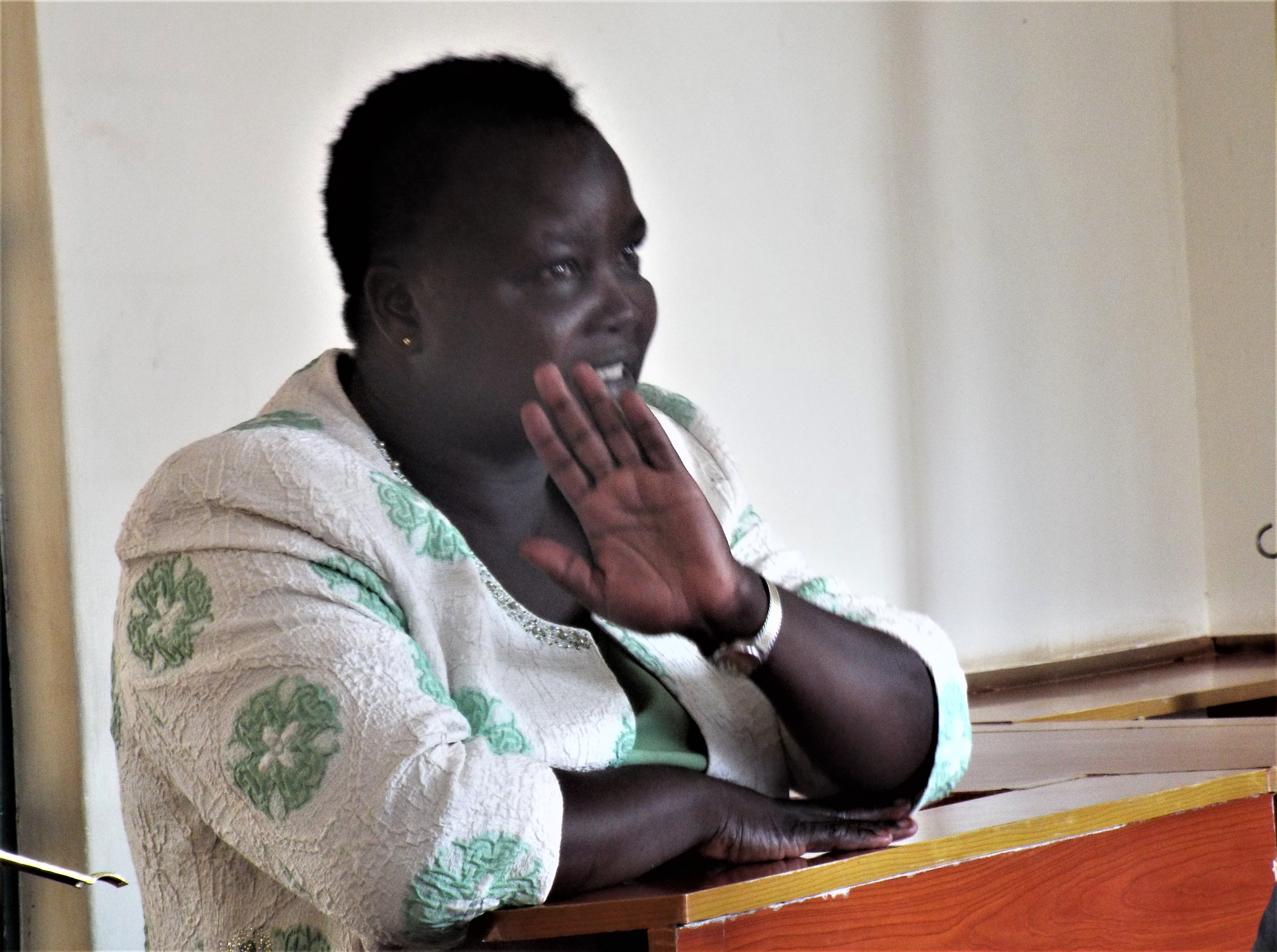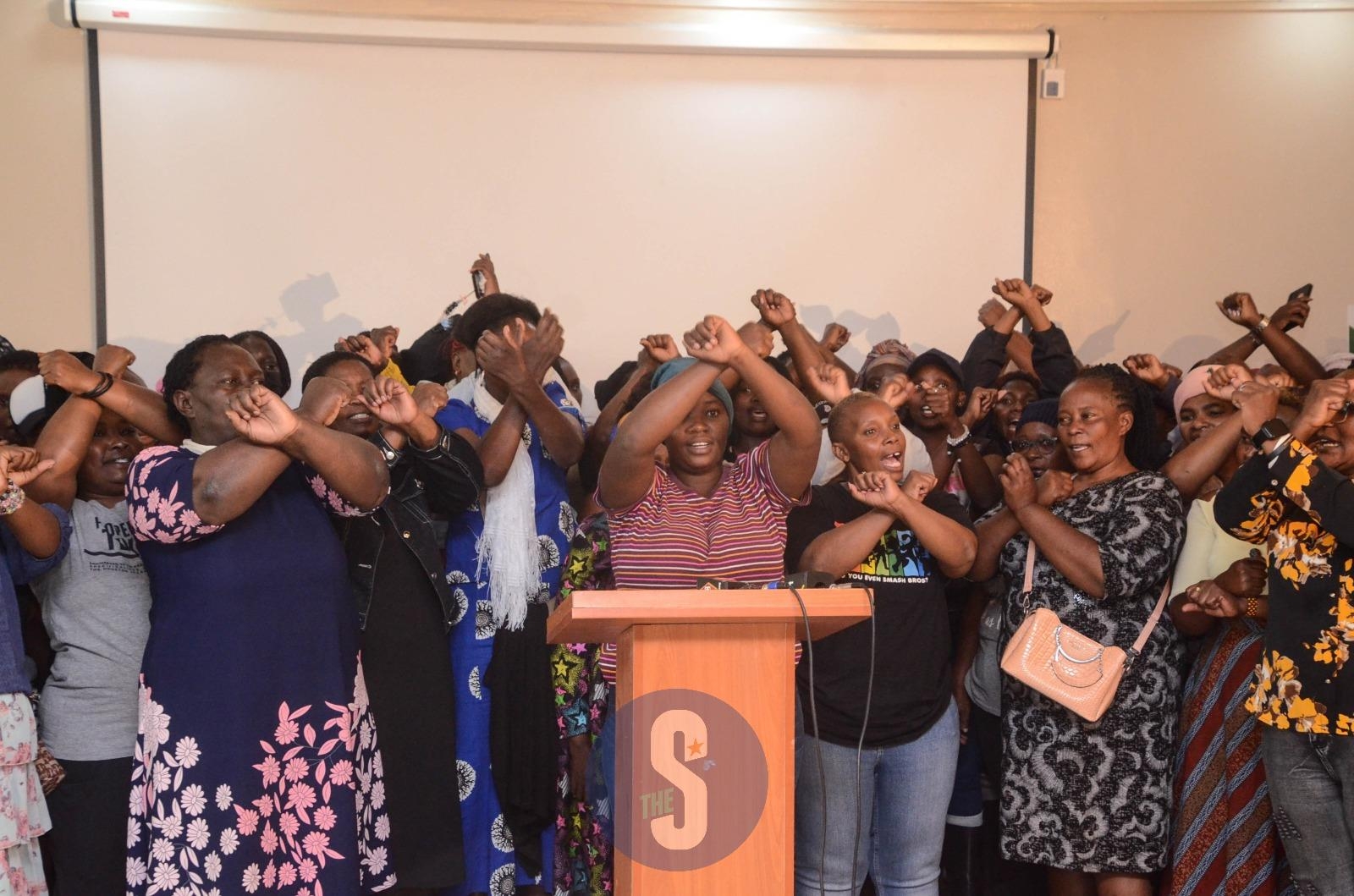 Kibor Arap Talai’s second wife, Irene Jeptanui, testifies at the High Court in
Eldoret /MATHEWS NDANYI
Kibor Arap Talai’s second wife, Irene Jeptanui, testifies at the High Court in
Eldoret /MATHEWS NDANYIThe High Court has declared a
disputed will, alleged to have been authored by former Ford Kenya chairman
Kibor arap Talai, as a forgery in a long-running succession battle over his
multibillion-shilling estate.
Justice Reuben Nyakundi ruled that the will dated February 13, 2006, was null
and void after a forensic examination found the signatures did not match those
of the deceased. “The court notes that the document examiner’s report was not
challenged, leaving this expert evidence uncontroverted,” the judge said.
The report, dated November 24, 2025,
concluded that the signatures on the will were made by different authors.
Kibor, who died on August 2, 2012,
left behind property valued at more than Sh3 billion spread across Uasin Gishu
and Elgeyo Marakwet counties, including vast agricultural land, commercial
properties, motor vehicles, farm equipment and financial assets. He married his
first wife, Tapyotin, in 1947, with whom he had five children. His second wife,
Irene Jeptanui, married him in 1987 and they had three children.
Justice Nyakundi noted that most of
the properties were acquired between 1947 and 1981, when Kibor and his first
wife lived and worked together.
The case was first filed by
Tapyotin, who challenged the will on grounds that it unfairly favoured her
co-wife Irene. After Tapyotin’s death six years ago, her daughter Nancy Talai
took over the case, arguing that her father was ailing at the time the will was
allegedly authored.
Jeptanui, however, insisted the will
was genuine and reflected her husband’s wishes, saying the properties in her
possession were given to her directly by him. She had objected to the forensic
examination, maintaining that Kibor was mentally sound when he made the
instructions.
Justice Nyakundi has directed all
beneficiaries to file proposed modes of distributing the estate within 14 days.
The matter will be mentioned before him on October 2, 2025, for compliance and
further orders.















